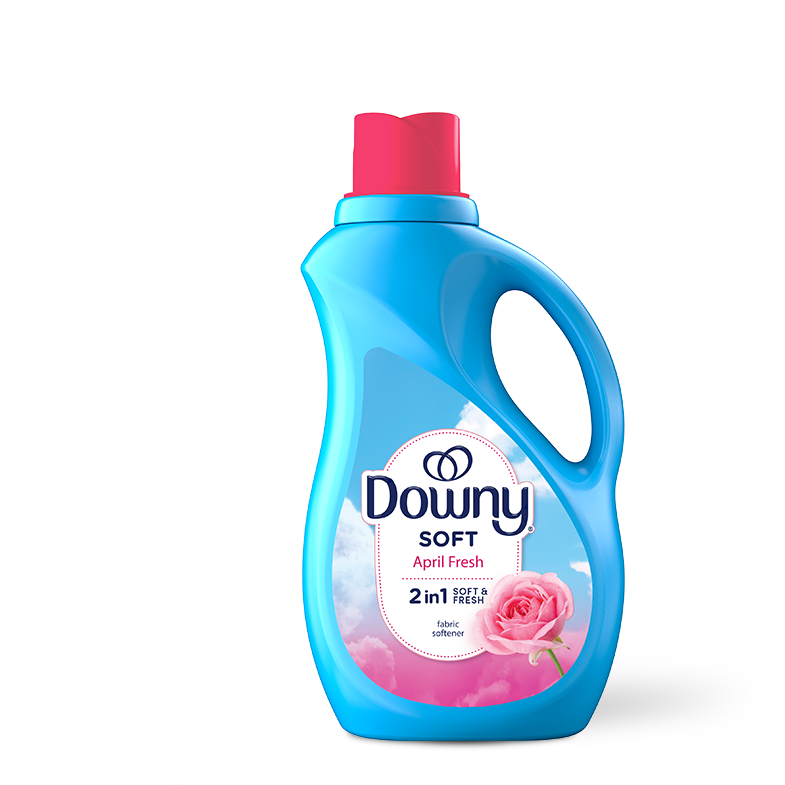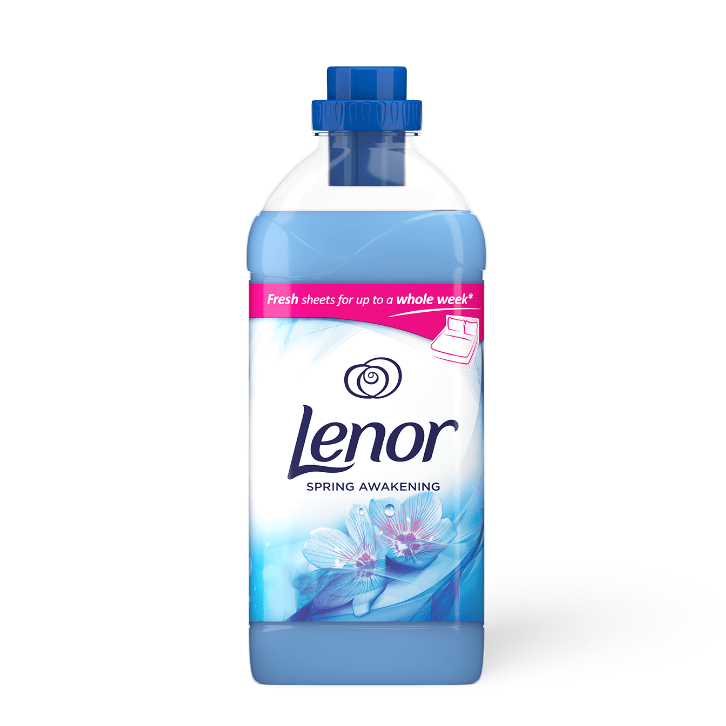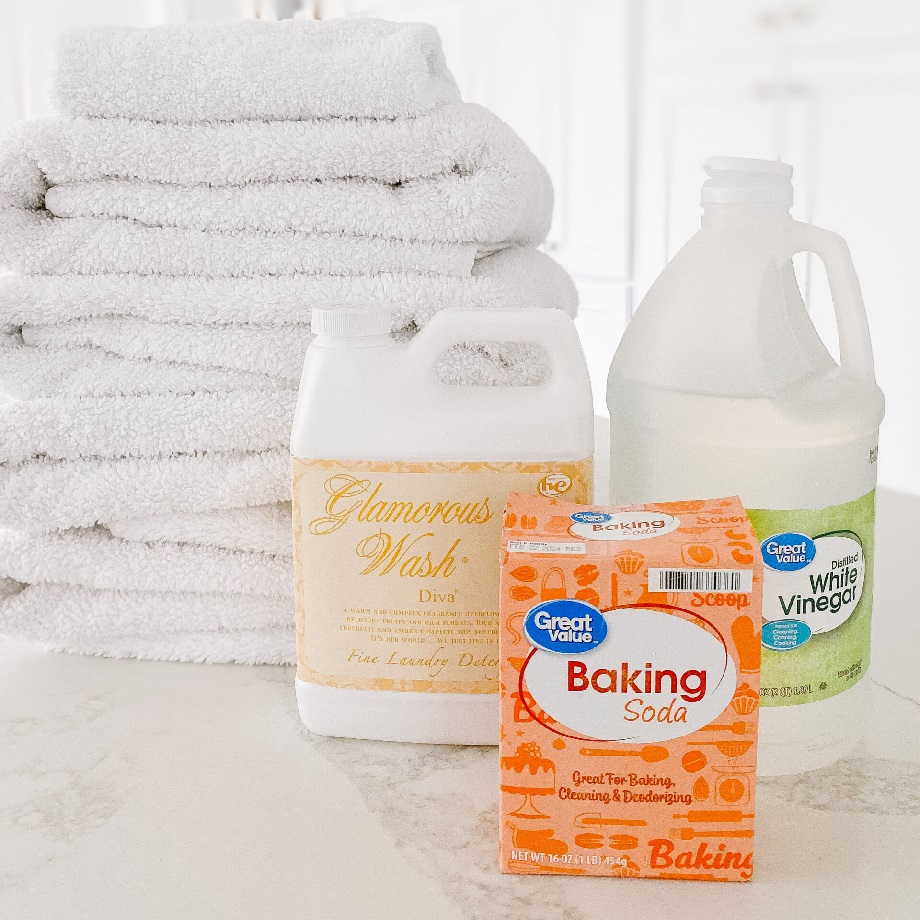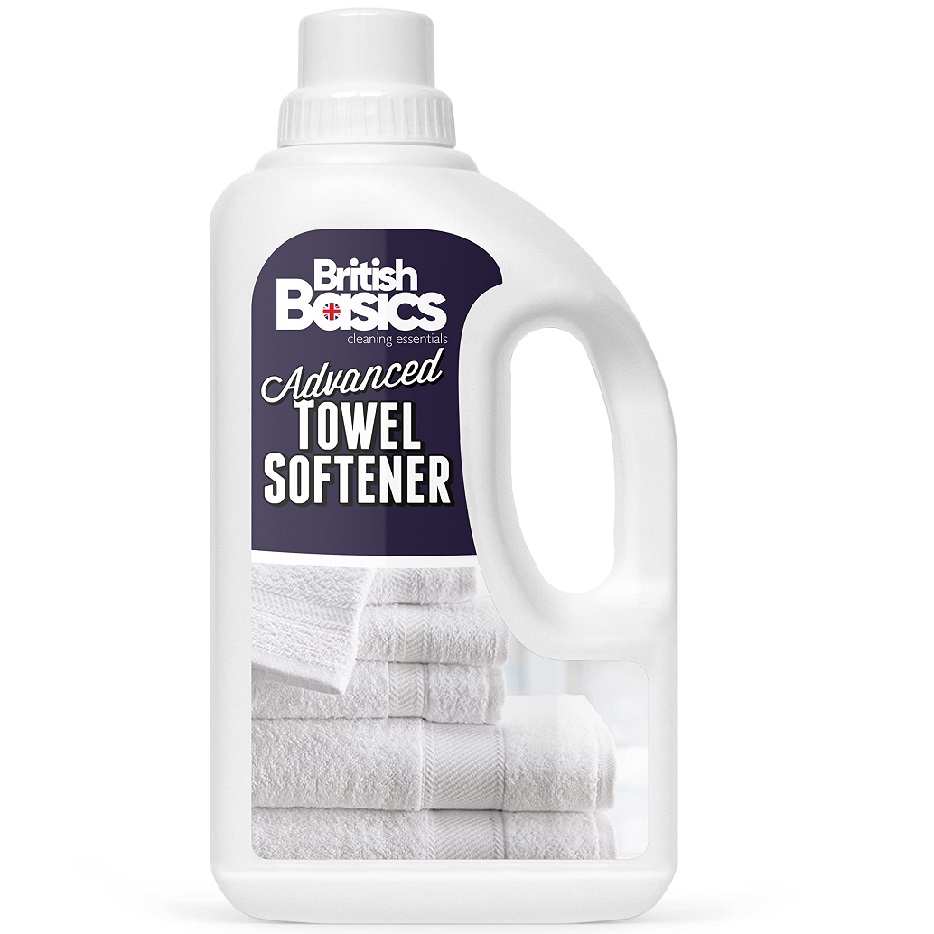The Impact of Fabric Softener on Towel Absorbency
It’s a common belief that fabric softener will keep towels soft and fluffy. However, experts warn against using it too often. Fabric softeners contain substances like silicone, which can form a layer over the towel fibers. This layer reduces how much water the towel can soak up. So, while your towels might feel soft to the touch, their ability to dry effectively drops.
Towel professionals from brands like Sheridan and Christy highlight the issue with silicone-based softeners. They can lessen the fluffiness and soak-up power of your towels over time. The silicone works by coating the fabric, leading to a slick and less absorbent towel.
When you’re doing laundry, imagine your towels needing to drink water. If there’s a silicone barrier, they just can’t quench their thirst. That’s the problem with regular fabric softener use. So, should you use fabric softener on towels? The answer seems to lean towards ‘no’, especially if you want to keep them drying you off effectively.

The Case Against Regular Fabric Softener Use for Towels
Regular use of fabric softener on towels may seem like a good idea. But, experts say it’s not. Fabric softeners can, in fact, make towels less able to soak up water. Over time, this can be a big problem. Think of it like this: towels need to absorb. If a layer of softener blocks them, they won’t work right. They will feel soft, yes, but won’t dry you well. It’s best to skip the softener to keep towels doing their job. Joanna Ross from Sheridan cautions against silicone-based products. These repel water and take away from the towel’s fluffiness. Lucy Ackroyd from Christy agrees. She says softeners can leave a coat that makes towels feel slick. They won’t absorb anything. If you use fabric softener on towels regularly, you might just ruin their main purpose. They’re made to dry things, right? With a coat of silicone, they’ll just push the water around, not absorb it. So when you wash your towels, it’s wiser to leave the fabric softener out. Keep them ready to do their best at getting you dry.
Alternative Natural Softeners for Towels
Finding natural ways to keep towels soft is key for their longevity and performance. Instead of traditional fabric softeners, try white vinegar. It’s a natural option that won’t coat your towel fibers. White vinegar can make towels softer and won’t leave a residue. It also helps remove any lingering odors, making towels smell fresh. And no, they won’t smell like vinegar after drying.
Another natural softener you could use is baking soda. Add it to your wash to gently cleanse and soften towel fibers. Baking soda can also improve towel cleanliness and remove any musty scents. It’s gentle on fabrics and safe for the environment.
Eucalyptus oil is another alternative worth considering. A few drops in your wash can refresh and condition your towels. It’s noted for its clean scent and fiber-protecting properties. Plus, it’s a natural choice that won’t harm your towels’ absorbency.
When exploring natural fabric softeners, remember to use them sparingly. Too much of any product, natural or not, can affect towel performance. Aim for a balance to keep towels absorbing well and feeling soft. Stick to natural alternatives and enjoy fluffy, absorbent towels without the downsides of silicone-based softeners.
Occasional Use of Fabric Softener on Towels: Pros and Cons
Using fabric softener on towels sometimes has its ups and downs. Here’s what you should consider:
Pros of Using Fabric Softener Sparingly
- Enhanced Softness: A little fabric softener now and then keeps towels feeling soft.
- Fiber Conditioning: It helps condition the fibers when used in small amounts, maintaining towel quality.
- Pleasant Scent: Fabric softener can leave a nice fragrance, making towels smell fresh.
Cons of Occasional Fabric Softener Use
- Reduced Absorbency: Even occasional use can build up over time, hindering how well towels dry.
- Coating of Fibers: Softeners may leave a residue that affects towel performance and feel.
- Potential for Buildup: This can lead to an increase in lint and a decrease in towel lifespan.
It’s crucial to strike a balance. While a drop of fabric softener might make your towels soft for a short time, it could harm their ability to dry off in the long run. Most experts like Joanna Ross from Sheridan and Lucy Ackroyd from Christy advise against regular fabric softener use. They note that it can leave a slick, non-absorbent layer on the towels. Now and then could be fine, as Ackroyd suggests, maybe every four or five washes, and just a fraction of the recommended dose. This way, you condition the fibers without overwhelming them.
Should you use fabric softener on towels? It’s best to go easy. If you do decide to use it, be mindful of how much and how often. And remember, there are other natural options like white vinegar or eucalyptus oil to keep your towels soft and fluffy without the drawbacks.
Choosing the Right Detergent for Soft and Fluffy Towels
Selecting the ideal detergent is crucial for maintaining the softness and fluffiness of your towels. Here are key factors to consider when choosing a detergent that safeguards towel quality:
- Look for Eucalyptus-Based Detergent: Experts like Lucy Ackroyd from Christy suggest a eucalyptus-based detergent. It helps towels stay fluffy and keeps their color bright.
- Add Eucalyptus Oil: A few drops of eucalyptus essential oil in your wash can maintain the fibers of your towels.
- Avoid Harsh Chemicals: Choose detergents that are gentle on towel fibers. Harsh chemicals can damage fabric and reduce absorbency.
- Consider Liquid Detergents: They tend to dissolve better and leave no residue compared to powders, which might cling to the towels.
- Use Less Detergent: Too much detergent can leave a residue and decrease softness. Measure the correct amount for your load size.
The goal is to keep your towels at their best without relying on fabric softener. A smart choice in detergent can keep your towels soft, fluffy, and absorbent. Remember the role of detergent is not just to clean, but also to care for the fabric. By picking a suitable detergent, you contribute to the longevity and effectiveness of your towels.
The Importance of Washing New Towels Before Use
When you buy new towels, washing them before use is crucial. New towels come with a coating of fabric softeners used during manufacturing. This finish gives towels an extra-fluffy look on store shelves. But, it hampers their ability to absorb water. Wiping this factory-applied softener away means your towels can immediately work well.
By washing new towels, not only do you increase their absorbency, you also reduce lint. It helps clear away loose fibers that might otherwise shed on your skin. Lint build-up can make towels feel rougher over time, so removing it early helps maintain softness.
Here’s what to do when you bring your towels home:
- Give Them a Pre-Use Wash: This clears away industrial softeners and improves water absorbency.
- Check the Label: Follow care instructions to choose the right wash cycle and temperature.
- Skip Fabric Softener: For the first wash, avoid adding fabric softener. It might add back the residue you’re trying to remove.
- Use Mild Detergent: A gentle cycle with a mild detergent helps prepare the towels for use without harsh chemicals.
- Dry Thoroughly: Make sure you dry your towels completely before use to avoid any mildew smell.
Washing your towels before you use them sets the standard for their future performance. Without the manufacturer’s softener, they’ll be ready to soak up moisture and dry you off efficiently from the first use.
Expert Tips to Maintain Towel Softness Without Fabric Softener
To keep towels soft without the use of fabric softener, experts share valuable advice. Here’s a summary of their tips:
- Use Baking Soda: Add a small amount of baking soda to your laundry. It naturally softens towels without harming absorbency.
- White Vinegar Rinse: A cup of white vinegar in the rinse cycle can break down detergent residues and soften towels.
- Proper Washing Temperature: Wash towels at a lower temperature to maintain their softness and durability.
- Avoid Overcrowding the Washer: Give towels plenty of room to move around in the wash for better cleaning and fluffing up.
- Shake Towels Before Drying: This can fluff the fibers and prevent them from clumping, ensuring better softness.
- Dry on a Lower Heat: High heat can damage fibers. Use medium heat or air dry when possible.
- Consider Dryer Balls: These can help fluff up towels in the dryer and speed up the drying process.
Following these expert tips can result in towels that remain soft and absorbent even without the use of fabric softener. This contributes to the longevity of your towels and your comfort after each shower or bath.
Best Practices for Drying Towels to Preserve Softness
To keep towels soft after washing, how you dry them is just as crucial as the washing process. Here are best practices to ensure your towels remain fluffy and soft:
- Avoid High Heat: Use a lower heat setting when machine drying. High heat can stiffen fibers.
- Don’t Over-Dry: Remove towels from the dryer while they are still slightly damp. Over-drying can lead to a stiff texture.
- Shake Before Drying: Give each towel a good shake before hanging or tumble drying. Shaking fluffs up the fibers.
- Use Dryer Balls: Wool or rubber dryer balls can help soften towels as they bounce around in the dryer with them.
- Air Dry When Possible: If you can, hang towels outside to dry. The fresh air can maintain softness and impart a clean smell.
- Avoid Direct Sunlight: When air drying, don’t place towels in direct sunlight. It can fade colors and harden fibers.
- Smooth Fibers by Hand: Once towels are dry, run your hand over them to smooth out fibers and improve softness.
These methods can prevent the rough texture that sometimes comes after drying towels. By following them, you ensure your towels stay soft and pleasant to use without needing fabric softener. Keep these tips in mind next time you do laundry, and enjoy the soft embrace of your towels after every wash.


